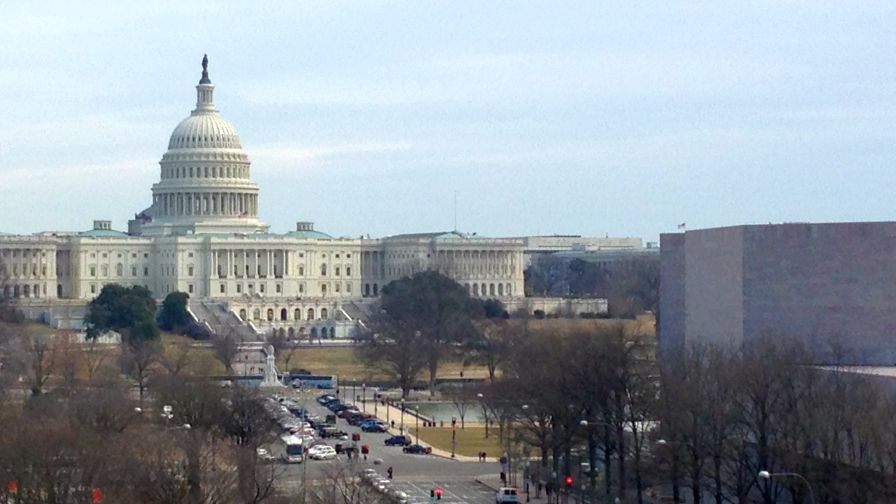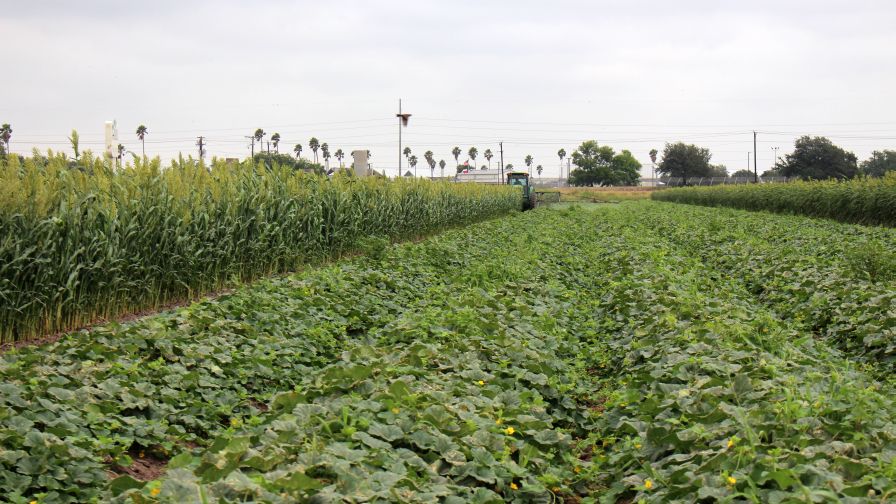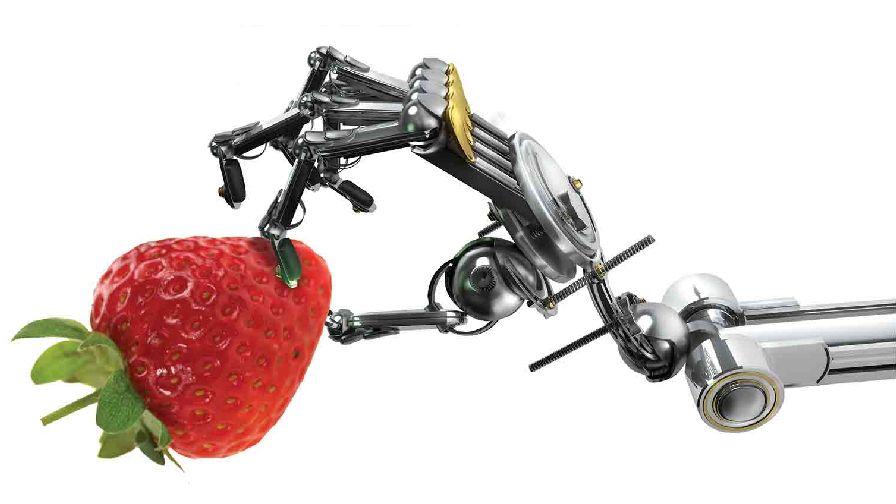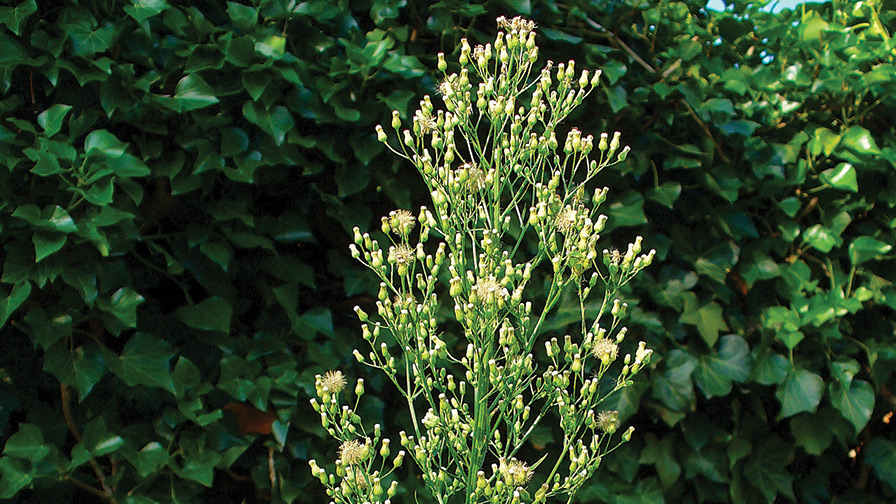Opinion: Facing Down A Freeze
We started the year off with an unprecedented stretch of freezing nights that kept growers up hours on end protecting their crops. The term “cold snap,” which we generally use for freezes, didn’t apply in this case. There was nothing snappy about the almost two weeks of temperatures dipping below 32°F and shattering old records. It was not uncommon to hear people describing this event as once-in-a-lifetime, with 1989 being the only thing close in recent history. It was 1949 when we last saw a stretch of consecutive freezing days to compare.
Citrus Mostly Spared
Growers spent long nights cutting fruit and turning on wells trying to protect trees and the crop from the cold. At press time, early reports were that there will be damage, but overall it appears citrus will be spared a disaster, which is remarkable given the depth and length of the freeze.
One positive effect of the cold will be a reduction in insect pests. You can bet entomologists are very interested in what the cold did to psyllid populations.
Sturdy Strawberries
Most mornings of the freeze, I would check in with the different associations to see what they were hearing in regard to crop damage. Ted Campbell, executive director of the Florida Strawberry Growers Association, told me during the freeze, “Every day that passes, I become more and more impressed at how resilient strawberry plants are.”
While ripe strawberries will be lost, the plants appear ready to produce a few more rounds of fruit to carry out the season.
Vegetable Crop Wiped Out
Unfortunately, vegetable growers weren’t so lucky when it came to the freeze. Crops like green beans, sweet corn, tomatoes, peppers, squash, etc. were largely destroyed by the cold. Early projections indicated losses to the vegetable industry could top $100 million in Florida. Prices for consumers spiked as soon as it became clear the damage was so extensive.
Hidden Costs
Whenever a freeze occurs in Florida, national media focuses on the state to report of any devastation to the crops. They love capturing images of the iced over strawberry plants and citrus trees, because it does visually illustrate that indeed it is cold in Florida. But, what they don’t report, is that whether growers’ crops survive or not, they will face significant economic damage from the cost of additional labor and pumping countless gallons of water to protect crops.
Over the years, I have learned that Florida growers are a resilient bunch. They will shake off the ice and continue on as the U.S. winter produce basket.










